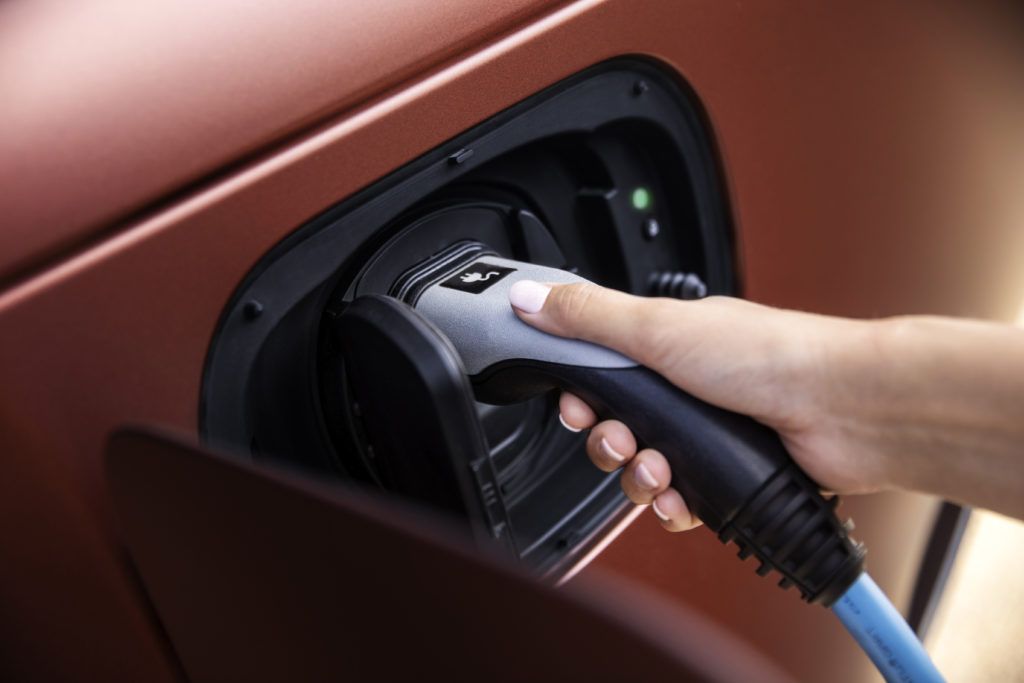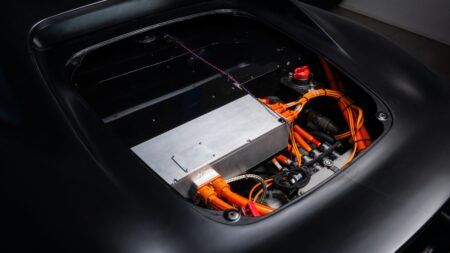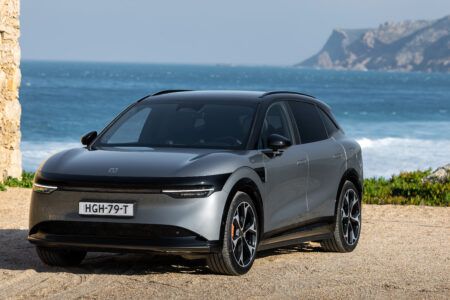The chemical manufacturer claims its DuPont AmberLite EV2X resin – a high-performing glycol-purification solution – can help extend the lifetime of EV coolant, while reducing glycol maintenance requirements. This is achieved by offering enhanced thermal stability and excellent operating characteristics compared to standard ion exchange resins currently on the market.
“Consumer demand for increased range, faster charging, larger vehicles, and more energy-dense batteries is increasing temperatures within EVs, creating new challenges for vehicle manufacturers,” said Noel Carr, DuPont marketing manager in support of e-mobility solutions. “Many manufacturers are turning from air cooling to liquid cooling systems that use glycol coolant to manage these higher temperatures. Glycol coolants are typically more efficient and demonstrate more flexible and consistent performance versus other thermal management systems. However, high operating temperatures can lead to degradation of parts, components and coolants, resulting in short circuits and shutdowns of electric and hydrogen vehicles.”
Unlike internal combustion (ICE) vehicles, EVs must manage conductivity within their systems. The degradation of the glycol coolant and other components housed within the thermal management system, releases impurities into the cooling loop, increasing the levels of conductivity. To prevent this, hydrogen fuel cell and battery vehicle manufacturers can install an ion exchange filter comprised of ion exchange resins that can withstand the extreme temperatures and operating conditions of the system.
DuPont AmberLite EV2X resin’s purification functionality can help extend the life of the glycol coolant, coolant loop components, and the ion exchange filter. This optimized resin has been tested and validated under extreme conditions, up to 105°C for over 1,000 hours, demonstrating exceptional thermal stability and operating characteristics compared to standard ion exchange resins.





